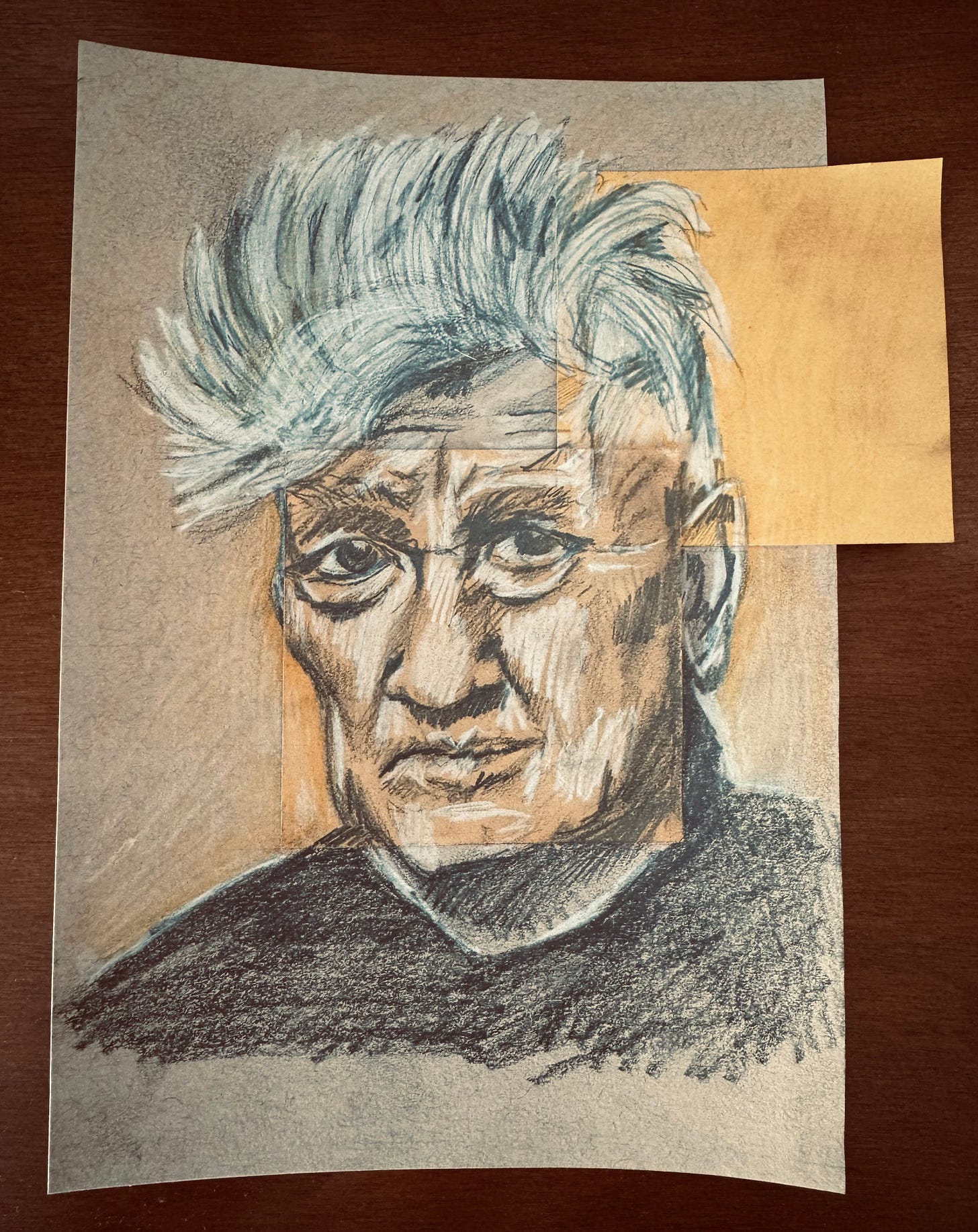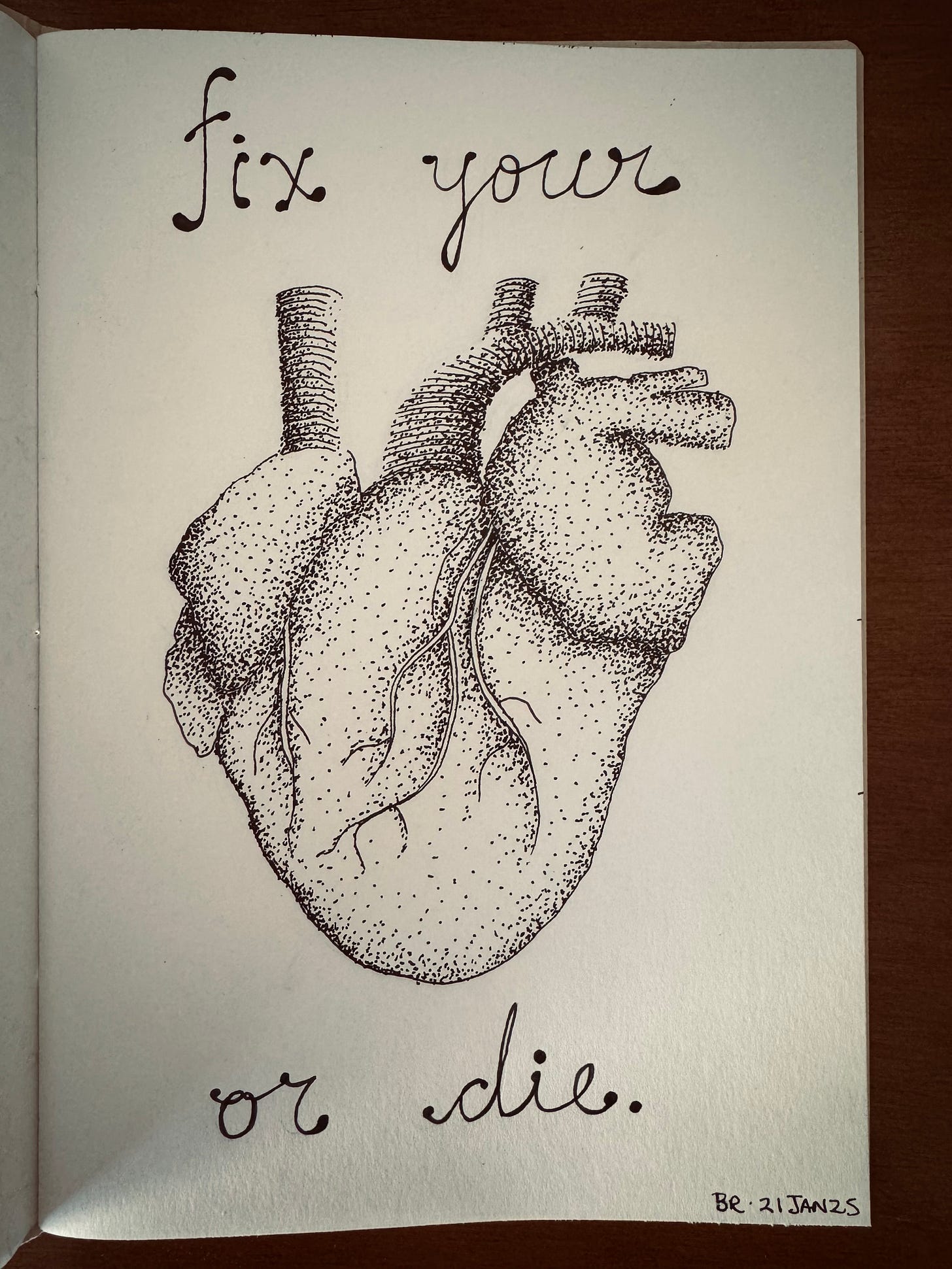There used to be this show that would air after midnight reruns of Monty Python’s Flying Circus. And if my video recording wasn’t precise enough, I would get those first few haunting strains of that thematic score on the tail end of my British absurdist comedy. The sudden switch in tone would plunge my stomach a few feet below sea level, like a quick descent down a mountain on a road trip. I couldn’t stop the recording fast enough.
No, I wasn’t much for sci-fi back then. It was only partly due to a distaste for creepy vibes; admittedly, much of my uneasiness was a growing adolescent contrarian streak for pop culture. I turned my nose up at Top 40 Hits; I scorned popular shows, especially X-Files. “If watching this is cool, then I don’t want to be cool, man.” (Thumb on nose and sneer optional.)
However, this show nestled in the 1230am slot, Saturday mornings, on the PBS affiliate we would get from neighbouring Maine. No one that I knew watched it. But the guitar chords of that swelling theme song would strike a tuning fork at a frequency alien to my own.
It seemed, well, weird.
“averageness…has never been the marker of humanity’s proudest cultural creations”
Kyle Chayka, Filterworld: How Algorithms Flattened Culture (2024)
I’ve increasingly noticed how important weird is to art and culture, and how the ways in which we connect to learn about and share knowledge (art or science) is degrading at an exponential pace1. The platforms used to pretend to allow us to share - and be exposed to - a variety of content that could delight, shock, challenge. Now, the algorithms that shape these social connections remove the possibility that we will be confronted with anything new for our consideration. They push us to increasing sameness - a “flattening of culture” - and deprive us of wonderful unease for our critical consumption. We cannot easily search for new ideas; rather, we are pushed to accept “simplicity: the least ambiguous, least disruptive, and perhaps least meaningful”2.
It’s like taking an artfully prepared meal - a beautifully cooked steak with just the right char and supple pink interior; velvety garlic mashed potatoes; crisp spring asparagus - and blending it into one beige, Clarendon-filtered slurry for our dinner. I guess it’s food and technically tastes the same, but it doesn’t engage the senses and leaves our digestion unchallenged and unsatisfied.
There is concern, too, that this flattening extends into the meat space, with our homes and community spaces approaching the limits imposed by the algorithms. It keeps us from being exposed to weird, and more importantly, the discomfort that exposure creates.
I think of a performance art piece I saw pre-COVID where a lone man stood in a shop window, silently and roughly chopping cabbages before placing them into a bin.
No commentary. Just cabbages. All night. Cabbages.
It made no sense and it bothered me. What was the point of this? There’s so much art in the city to be shared, and this hipster was flaunting his privileged spot in a limited show to cleave crucifers with a disaffected air. But it stuck with me, because it challenged my own personal curation of art and culture.
Because it was weird.
He was drawn to mystery because he understood mystery as a conversation — a collision of differences, interpretations, perspectives. Not a message sent down from an all-knowing source.
Kyle MacLachlan, on David Lynch, 19 Jan 2025.
So this is my case for doing your own thing in your art, whatever form that takes. We need weird to breathe creative life and texture into our experiences, despite the attempts by the media to straighten out our culture and reward us for following in line.
And while I still have not watched that TV show, or its’ recent revival, it’s on my list to watch. I’m not sure I’ll understand the apparent cult classic, and I expect to still feel uneasy whenever I do watch it.
But I welcome the discomfort.


c.f.,
and his thoughts on moving from broligarch-controlled platforms to spaces rooted in meaningful connections.Only in chapter 3 of Filterworld - the source of this quote - it is an enjoyable and fascinating read. And a bit depressing, to be honest.


So the show in question was the X Files? And PBS ran it? I only ever watched a single episode myself. Like you, if anything is too popular, it gets swept off my radar.